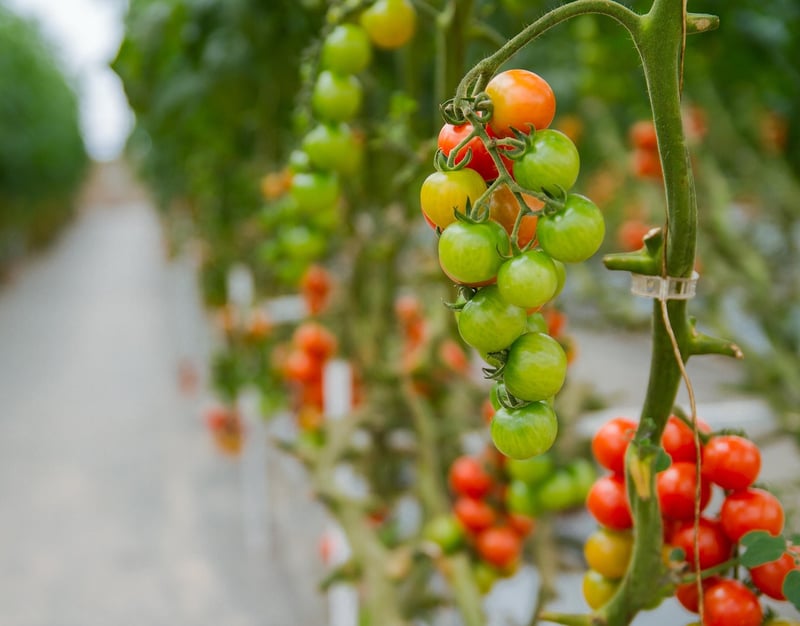Hydroponics
The Future of Farming: Exploring Innovative Hydroponic Techniques
In recent years, traditional farming methods have seen a revolutionary shift towards more sustainable and efficient practices. Among these innovative techniques, hydroponics has emerged as a game-changer in the agricultural industry. Hydroponic farming involves growing plants without soil, using nutrient-rich water solutions instead. This method not only conserves water but also maximizes space utilization and minimizes the use of pesticides.
Advantages of Hydroponic Farming
- Water Conservation: Hydroponic systems use up to 90% less water compared to traditional soil-based farming, making them ideal for regions facing water scarcity.
- Space Efficiency: By growing vertically in controlled environments, hydroponic farms can produce significantly higher yields per square foot.
- Pesticide Reduction: The closed-loop system of hydroponics minimizes the need for harmful pesticides, promoting cleaner and healthier produce.
- Year-Round Production: With climate-controlled settings, hydroponic farms can operate throughout the year, ensuring a consistent food supply regardless of seasonal changes.
Types of Hydroponic Systems
There are several variations of hydroponic systems, each offering unique benefits depending on the type of plants being cultivated and the available resources. Some popular hydroponic techniques include:
- Deep Water Culture (DWC): Plants are suspended in nutrient solutions, allowing their roots to directly absorb essential nutrients.
- Nutrient Film Technique (NFT): A shallow stream of nutrient solution flows over the plant roots, providing a constant supply of nutrients.
- Vertical Farming: Utilizing stacked layers to grow crops vertically, maximizing space efficiency and production capacity.
Future Prospects and Sustainability
As the global population continues to grow, sustainable farming practices like hydroponics will play a crucial role in ensuring food security and environmental preservation. The ability to grow fresh produce locally, reduce food miles, and minimize the impact of conventional agriculture on the ecosystem makes hydroponics a promising solution for the future.
Embracing innovation in agriculture through hydroponic techniques not only addresses current challenges but also opens doors to a more resilient and sustainable food production system.

Join the green revolution today and explore the endless possibilities of hydroponic farming!
For more information on hydroponics and sustainable farming practices, visit FarmHydroponics.com.
